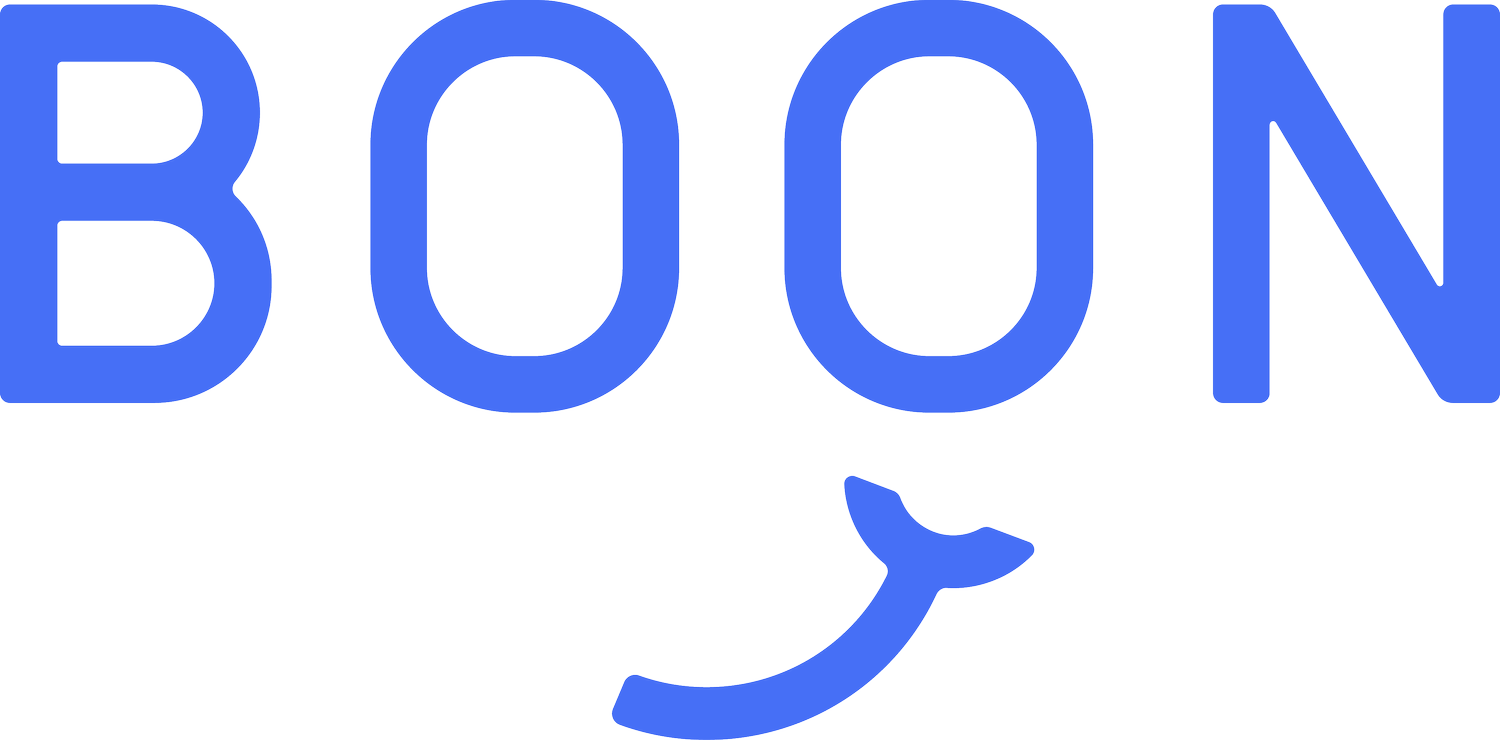When to Call in the Reinforcements
Tricia Gehl
We’re growing increasingly irritable, overwhelmed, and scattered. We can’t seem to get anything done, and every task on our to-do list seems to elicit panic followed by procrastination. For some, our personal and professional lives are lacking joy and satisfaction, and everyday we feel like we’re drifting farther away from our goals and purpose. We know there are things we can do, people and resources to whom we can turn to for support; yet we don’t.
So, what prevents us from calling in the reinforcements?
We approach seeking support with a catabolic mindset
A catabolic mindset involves having a narrowed lens through which we view the world and our circumstances. Catabolic energy, at its core, is energy that is draining, depleting, and restrictive; on the flipside, anabolic energy is fueling, development focused, and anchored in growth. Focusing on what you will gain, instead of how uncomfortable you may feel while doing the work, will help you keep your eyes on the mental and emotional wellness prize. As we say in coaching, ‘What we resist, persists.’
We convince ourselves it feels like failing
Our inner critic convinces us that seeking support somehow equates to failure. We place a lot of judgement on ourselves for what we view as not being able to go at it alone, and in turn, we tell ourselves that we’ve somehow failed. Recognizing where and when we can benefit from outside support leads to increased emotional intelligence and resilience.
We’re afraid we don’t have what it takes to put in the “Big Work”
It takes courage, fortitude, and commitment to face some of the uncomfortable truths that go hand in hand with the mental and emotional roadblocks that may be preventing us from reaching our goals. Often, it feels too big or daunting and we’re ready to throw in the towel before we’ve begun. Approaching the work with curiosity and non-judgement is a great first step; giving yourself permission to merely be curious about what you uncover, while releasing self-judgement, creates an environment for self-discovery and forward movement.
Setting ourselves up for success
How can we approach our mental and emotional wellness work with both focused determination and inner peace?
Be open and honest with those in your life about what you need from them. Need time? Set designated (and protected) wellness time during which your partner agrees to cover any childcare responsibilities. Need accountability support? Ask a friend if you may text them after completing a daily wellness task
Communicate with yourself. Being aware of patterns and triggers gives you a clearer lens into what’s really going on. Creating a journaling practice can help to identify commonalities, repeated pain points, and more deeply rooted feelings. Don’t want to write things down? Create an audio journal
Make rest and self-care a priority. We can’t pour from an empty cup. True renewal time replenishes expended energy; sleeping properly, nourishing your body correctly, and engaging in physical activity is critical. Don’t underestimate the power of humor and fun when thinking about self care! Coloring, watching a movie that makes you laugh, or playing with a family pet does wonders as well
Work with a Life Coach. Coaching sessions are all about you, and a Life Coach is there to be in service to only your agenda. A coach will actively listen and help bring order to your thoughts so you can better navigate the path toward your goals. A great coach will also gently challenge you when they think you may be holding back or not being honest with yourself.
Interested in learning more about how Boon can help you and your teams?

